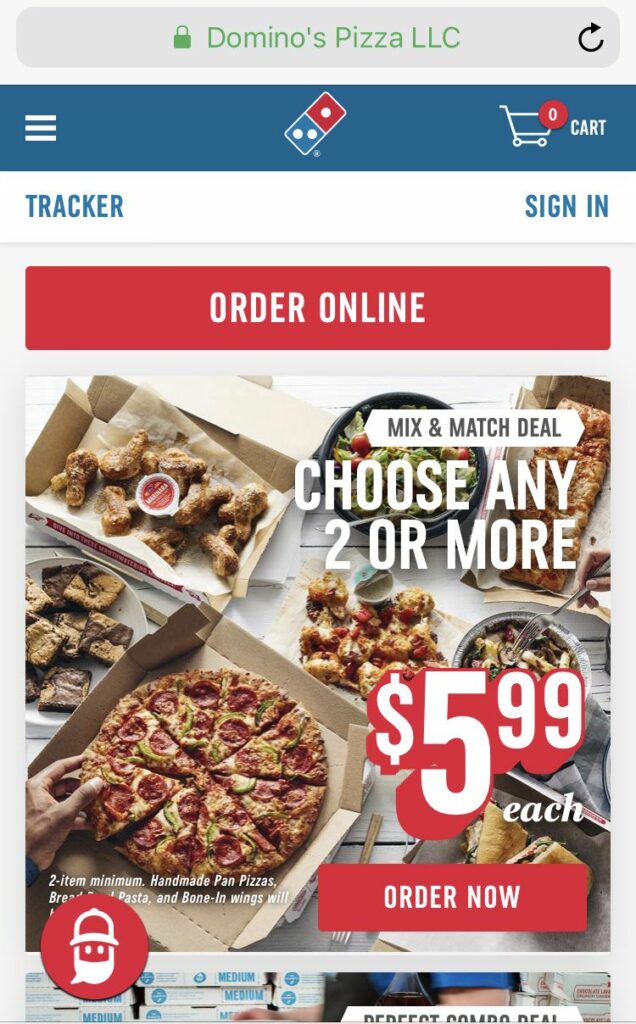The United States Supreme Court last week declined to take up a petition by Domino’s Pizza that asked the high court to weigh in on whether the pizza chain’s website needs to be accessible to people with disabilities.
Normally it’s not news when a court takes no action, but in this instance the quiet decision to pass on reviewing the matter spoke volumes in the legal world, the corporate sector, and the disability community.
The action – or in this case, inaction – effectively upholds a lower court ruling that business websites are covered under the Americans with Disabilities Act (ADA). The decision is a victory for disability advocates who have long argued that businesses need to offer accessible websites, such as those equipped with screen-reading software for blind or low-vision users or captioned video content for those in the deaf and hard-of-hearing community.
It also underscores the need for businesses of all sizes to evaluate their current practices regarding accessibility and accessible services, especially in regards to their online presence.
The Case

A federal district court in 2017 ruled that while ADA Title III laws did apply to websites and mobile apps, the absence of formal rules from the Department of Justice meant that businesses didn’t have sufficient guidance regarding website accessibility compliance.
The U.S. Court of Appeals for the Ninth Circuit reversed that federal court decision earlier this year, disagreeing with the district court regarding the lack of specific compliance standards and finding that Domino’s received fair notice that its website and app must comply with the ADA.
Domino’s petitioned the Supreme Court to review that ruling, with a number of business associations, including the Retail Litigation Center, National Retail Federation, and the Restaurant Law Center, filing briefs in support of the pizza chain.
The Supreme Court’s denying of the petition means the case will go back to the district court.
Impact
The court’s action reinforces the rulings of lower courts across the country – namely that companies doing business or providing services online should have the same responsibilities to be accessible to people as companies doing business or providing services in a physical location.




